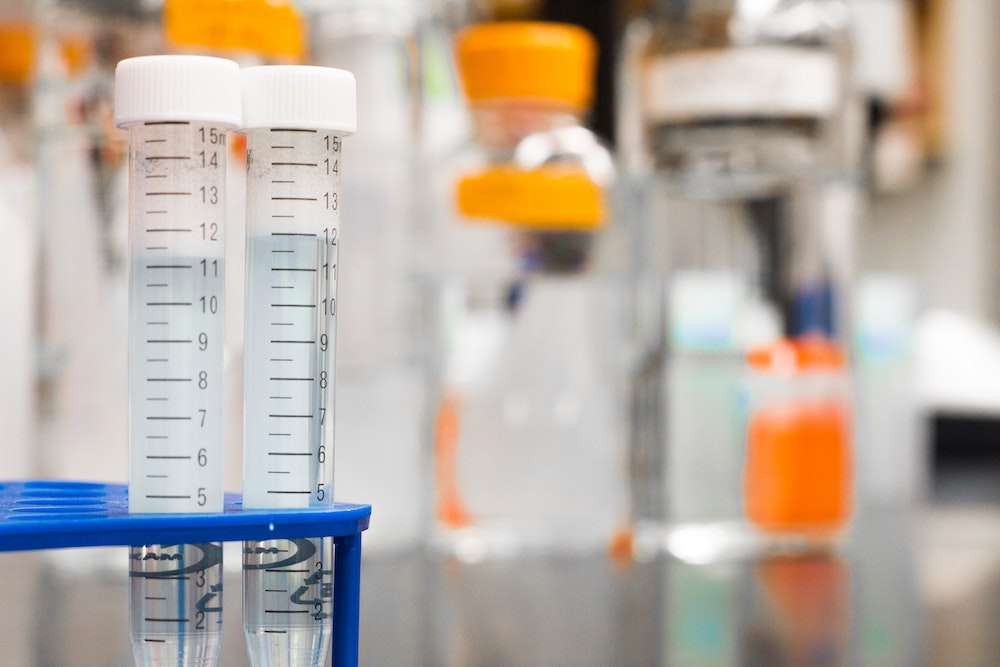In the U.S., over 19 million adults, and over 1 million people under 18, have some form of substance use disorder (drug addiction). Medical experts say that the top 5 most addictive drugs are:
- Nicotine (there are over 34 million smokers in the United States)
- Alcohol (around 15 million cases of addiction in the United States)
- Cocaine (over 1 million cases of addiction in the United States)
- Methamphetamine (1 million cases of addiction)
- Heroin (over 400,000 cases of addiction).
Nicotine
Many people don’t consider smoking a “real” addiction because it doesn’t make users “high,” and it doesn’t seriously impede everyday functioning or keep people home from work with hangovers (though it can increase the severity of alcohol hangovers). It also doesn’t necessarily lead to serious illness when someone tries to quit cold turkey—but there are withdrawal symptoms nonetheless:
- Nicotine cravings
- Mood swings
- Insomnia
- Difficulty concentrating
- Increased appetite (side note: low-calorie snacks and regular exercise can head off post-smoking weight gain).
The worst dangers of nicotine addiction are long-term and well-known: lung cancer, emphysema, heart disease, and a host of other health issues. Even in the short run, most habitual smokers suffer from chronic coughing, reduced stamina, premature wrinkles, bad breath, and reduced sense of smell.
Alcohol
For anyone over 21, alcohol is easy to purchase legally; and most younger adolescents can find it in their households or obtain it from friends. Its ready availability—and its common association with “calming the nerves”—makes users vulnerable to crossing the line into dangerous misuse. This is especially true for those whose natural reasoning abilities are impaired by mental illness, severe stress, or simple brain immaturity. (Note: the age of full brain maturity arrives four years after the age of legal drinking.)
Alcohol is considered among the highest-risk drugs for life-threatening withdrawal effects. Detox should never be attempted without medical supervision.
Cocaine
Cocaine is known for inducing brief but intense euphoria and bursts of energy. The drug once wasn’t considered strictly “addictive” because physical withdrawal symptoms are rare. But the psychological symptoms are just as severe and dangerous:
- Extreme agitation and/or depression
- Inability to sleep
- Vivid nightmares and, often, paranoid delusions when awake
- Extremely intense cravings for cocaine
- Hostility toward others
- Suicidal impulses.
If not carefully monitored, a person undergoing cocaine withdrawal may become violent and do serious harm to themselves or someone else.
Methamphetamine
People typically begin using “meth” to experience euphoric stimulation, ward off fatigue, or lose weight through appetite reduction. Those who become addicted suffer from:
- Insomnia and/or irregular sleep patterns
- Irritability and/or frequent “jitters”
- Dental issues
- Frequent “something’s crawling on me” sensations, leading to obsessive scratching and open sores
- Frequent heavy perspiration.
Potential long-term effects include anxiety disorders, psychosis, frequent illness, strokes, and heart or liver damage.
Heroin
All opioid drugs are addictive, but heroin is the most notorious—the illegal drug stereotypically associated with “junkies,” but at least as often the opioid to which anyone can “graduate” when “a few extra” prescription painkillers no longer make them feel better. (Eighty percent of people with heroin addiction started by abusing prescription painkillers.)
Heroin withdrawal is the epitome of the quip, “It won’t kill you, but it can make you want to die”: it induces severe nausea, diarrhea, vomiting, chills, muscle spasms, and all-over physical and emotional misery. Occasionally, it does kill someone—usually from vomiting-induced dehydration or desperation-induced suicide—so anyone seeking to give up heroin should seek medically supervised detox.
Endnote: The Importance of Medical Advice
Self-treatment for any substance addiction is extremely difficult, and potentially dangerous. If you see symptoms of dependence developing—even with a substance not generally considered addictive—don’t wait to see what happens, and don’t just stop taking the drug. Make an immediate appointment to discuss the situation with a doctor. As with any illness, the odds for addiction recovery are best with early diagnosis and treatment.
Effective Addiction Recovery Starts With Treatment
Whatever the exact nature of an addiction or the drug(s) involved, addiction is an illness that needs professional treatment. Hope by the Sea offers detox and follow-up care tailored to your demographic and individual needs. Contact us to learn more: Hope Starts Here!

